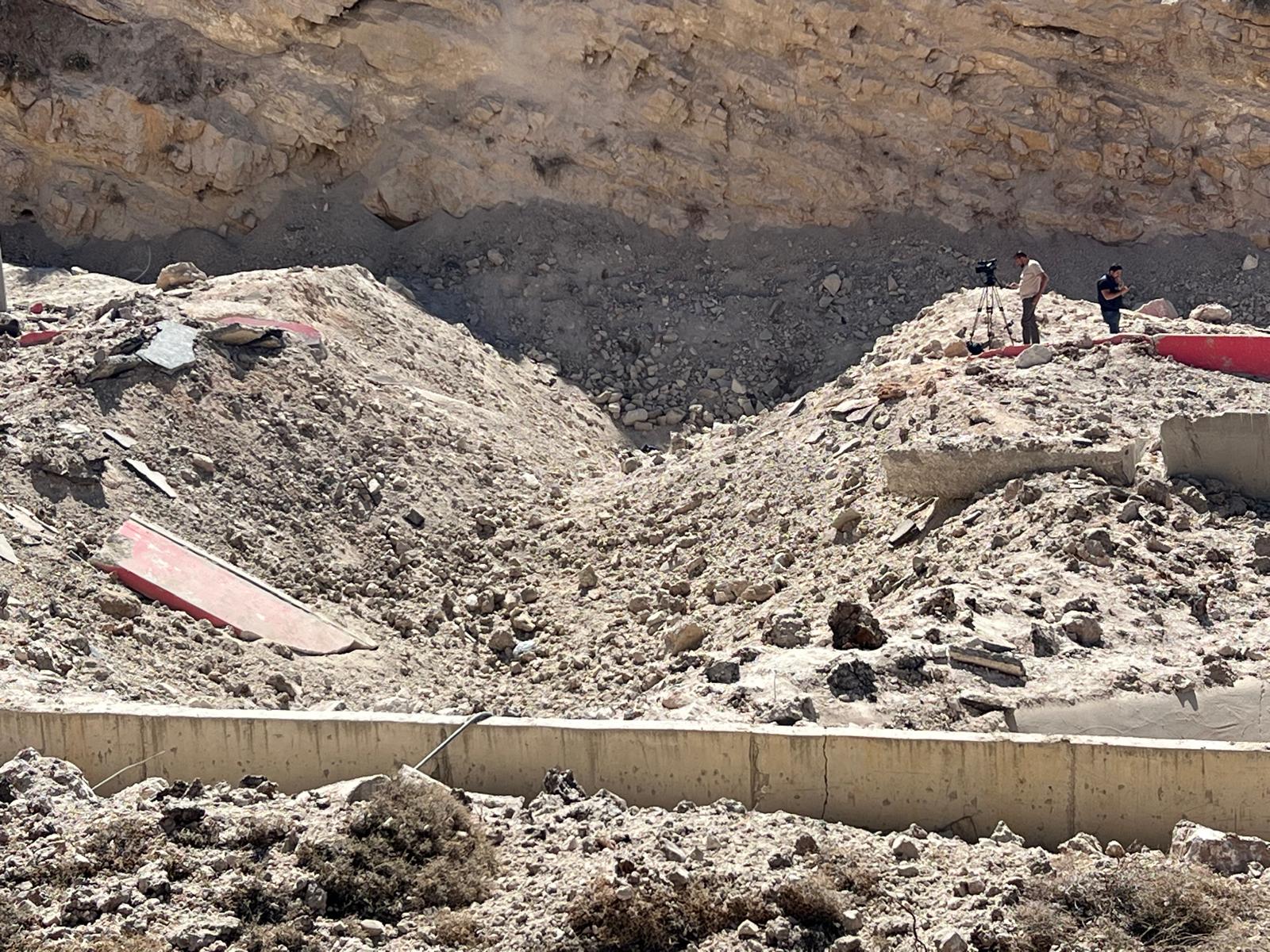Tensions between Israel and Hezbollah have escalated once again as Israel has taken two significant actions: blocking Lebanon’s main crossing to Syria and targeting Hezbollah positions in Beirut. This recent escalation underscores the ongoing struggle between Israel and the Iranian-backed Hezbollah, which has long been a central player in Lebanon’s political and military landscape. These moves signal a growing intensity in regional geopolitics, with potential ramifications for the wider Middle East.
Israel Blocks the Main Crossing Between Lebanon and Syria
In a surprise move, Israel has blocked Lebanon’s primary crossing to Syria, further restricting Hezbollah’s movements and logistical operations. This crossing is a critical route for the transfer of goods, people, and, more importantly, military supplies. Over the years, Hezbollah has relied on this corridor to maintain its supply chain, particularly for weapons coming from Iran via Syria.
By cutting off this key crossing, Israel aims to weaken Hezbollah’s ability to replenish its resources, especially its arsenal of rockets and advanced weaponry. According to reports, Israeli defense officials see this blockade as a preventive measure, designed to thwart Hezbollah from receiving critical reinforcements from Syria amid rising hostilities.

Strikes on Hezbollah in Beirut
Simultaneously, Israel has reportedly conducted a series of targeted strikes on Hezbollah strongholds in Beirut. While specific details of the strikes remain scarce, sources indicate that several key Hezbollah positions were hit, including suspected arms depots and command centers. Beirut’s southern suburbs, known as a Hezbollah stronghold, were reportedly the focus of these airstrikes.
Israel’s targeting of Hezbollah in Beirut sends a clear message: it is willing to strike at the heart of Hezbollah’s power base, even in densely populated civilian areas. This is part of Israel’s broader strategy of undermining Hezbollah’s military capabilities before they can be deployed against Israeli targets.
Hezbollah’s Response
Hezbollah, known for its strong rhetoric and defiance against Israeli actions, has vowed to retaliate for both the blockade and the airstrikes. In a statement, the group condemned Israel’s actions as an “act of aggression” and promised that there would be “consequences” for the Israeli moves.
Despite the rising tensions, Hezbollah has not yet launched a large-scale retaliation, though smaller skirmishes between Israeli and Hezbollah forces have been reported along the southern Lebanese border. Experts believe Hezbollah is carefully calculating its next move, balancing its desire to respond with the need to avoid full-scale conflict, which could lead to greater instability in Lebanon—a country already reeling from economic and political crises.
Geopolitical Ramifications
This latest escalation between Israel and Hezbollah comes at a time of heightened instability in the Middle East. Iran’s influence in the region, particularly through proxy groups like Hezbollah, remains a significant concern for Israel, which views Hezbollah’s military presence on its northern border as an existential threat. Hezbollah’s military capabilities, particularly its arsenal of rockets capable of reaching deep into Israeli territory, have long been a point of contention.
For Syria, the blockade of the main crossing with Lebanon complicates an already dire situation. Syria’s civil war has left the country shattered, and the Assad regime has relied heavily on Iran and Hezbollah for military support. The closure of this crossing limits Hezbollah’s ability to assist the Syrian government, potentially weakening their joint position in the ongoing conflict.
Lebanon, meanwhile, finds itself caught between two powerful forces. Hezbollah’s deep entrenchment in the country’s political system and military affairs makes it difficult for the Lebanese government to distance itself from the group’s actions, even when they provoke conflict with Israel. At the same time, Lebanon’s struggling economy and fragile political system can ill afford another war with Israel.
International Reactions
The international community is closely watching these developments, with many calling for restraint. The United Nations and several European governments have urged both Israel and Hezbollah to de-escalate the situation, fearing that a full-blown conflict could spill over into neighboring countries, further destabilizing the region.
The United States, a staunch ally of Israel, has expressed support for Israel’s right to defend itself but has also encouraged a diplomatic resolution to the tensions. Meanwhile, Iran, Hezbollah’s primary backer, has condemned Israel’s actions and vowed to support its Lebanese ally, further fueling concerns that this could escalate into a broader regional conflict./TelegraphNews
